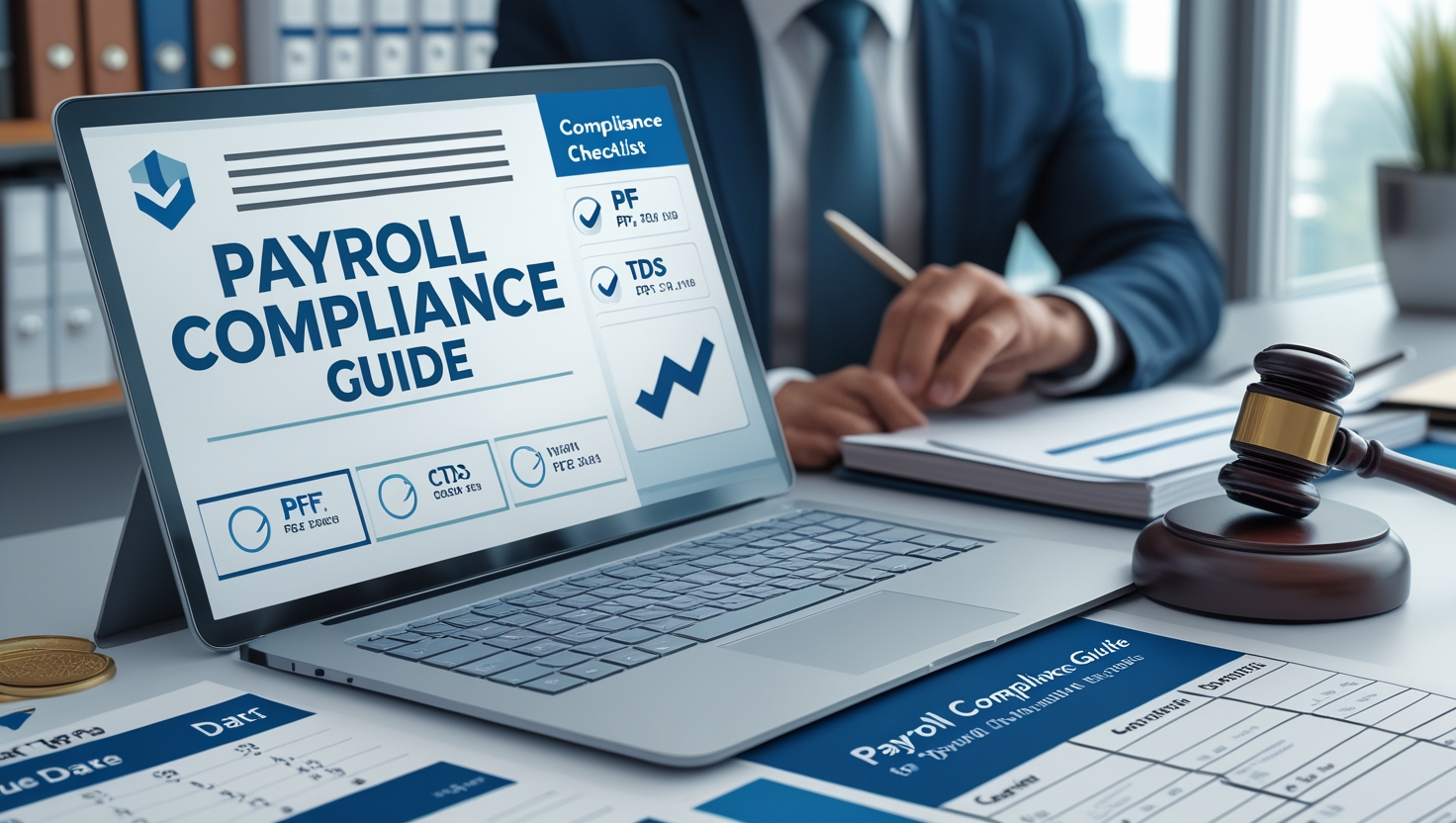Managing payroll effectively is a cornerstone of any successful organization. A pay run, which refers to the process of calculating and distributing employee salaries, must not only be accurate but also fully compliant with legal and tax regulations. Failure to ensure compliance can lead to financial penalties, legal consequences, and diminished employee trust.
Therefore, organizations must prioritize pay run compliance, adopting robust processes and tools to guarantee both accuracy and adherence to regulations.
Understanding Pay Run Compliance
Pay run compliance encompasses all activities related to processing payroll in accordance with labor laws, tax regulations, and internal policies. This includes correctly calculating salaries, overtime, bonuses, deductions, and benefits while ensuring timely submission of tax withholdings to government authorities. Compliance also involves maintaining accurate payroll records and preparing for audits.
A compliant pay run safeguards organizations against legal disputes and fines while promoting transparency and trust among employees. It is especially critical for businesses operating in multiple jurisdictions, where varying tax laws and labor regulations must be managed carefully.
Key Components of Pay Run Compliance
1. Accurate Tax Calculations
Ensuring accurate tax calculations is central to pay run compliance. Payroll teams must calculate income tax, social security contributions, and other statutory deductions correctly based on the latest legal requirements. Automated payroll software can help minimize errors by integrating tax tables and updating them automatically as regulations change.
2. Timely Payment of Deductions
Compliance is not limited to accurate calculation; timely payment of deductions is equally important. Late submission of taxes or contributions can result in penalties, interest charges, and reputational damage. Organizations should establish clear schedules for submitting statutory deductions to the relevant authorities.
3. Adherence to Labor Laws
Legal compliance extends beyond taxation to labor regulations. This includes minimum wage laws, overtime rules, employee leave entitlements, and other statutory benefits. Ensuring that pay runs reflect these requirements is essential to avoid legal disputes and protect employee rights.
4. Maintaining Detailed Payroll Records
Accurate record-keeping is vital for compliance. Payroll records should include salary details, deductions, bonuses, leave balances, and payment dates. Proper documentation not only facilitates audits but also helps resolve employee queries efficiently. Organizations should adopt digital record-keeping systems to ensure data security and easy retrieval.
5. Regular Audits and Reviews
Conducting regular audits of payroll processes ensures ongoing compliance. Audits help identify errors, discrepancies, and inefficiencies in the pay run process. Organizations should implement internal controls, including reconciliations and verification checks, to maintain accuracy and compliance consistently.
Best Practices for Ensuring Pay Run Compliance
1. Leverage Payroll Automation:
Automated payroll software reduces manual errors, ensures accurate calculations, and streamlines compliance reporting.
2. Stay Updated on Regulations:
Tax laws and labor regulations frequently change. Payroll teams must stay informed to adjust pay run processes accordingly.
3. Educate Employees:
Training staff on timesheet submission, leave reporting, and compliance policies reduces discrepancies and enhances overall accuracy.
Conclusion
Ensuring pay run compliance is more than a regulatory obligation; it is a critical factor in operational efficiency, financial accuracy, and employee trust. Leveraging technology, adopting best practices, and fostering a culture of accuracy will help organizations stay compliant, reduce errors, and build stronger relationships with their workforce.
















